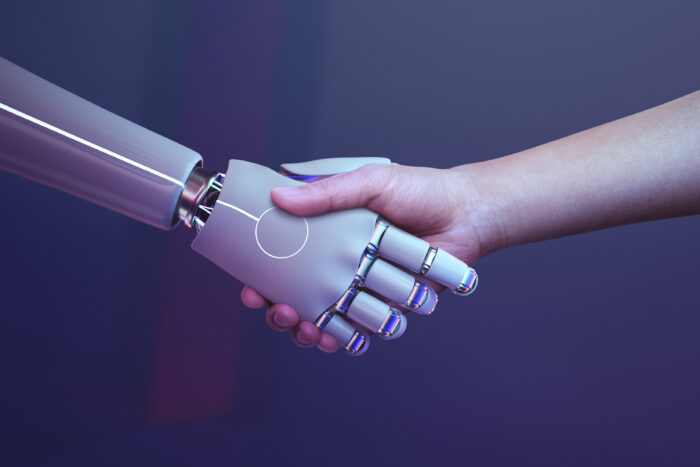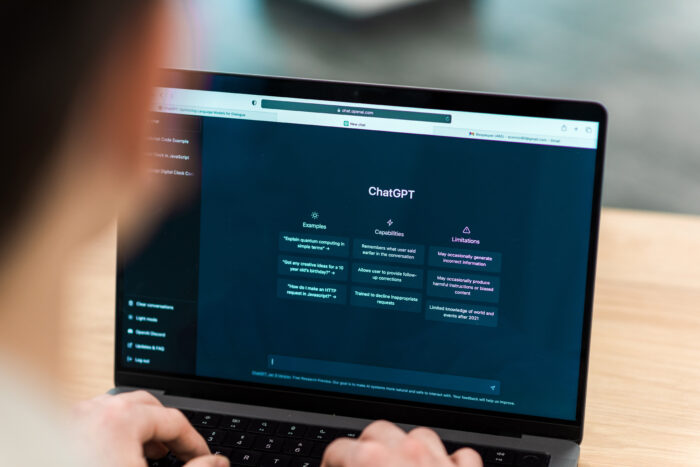Bid strategies built the last era of PPC. Prompt engineering will define the next…
Traditionally, pay-per-click (PPC) advertising was built on granular control of every element in an account, leaving success in the hands of the PPC manager and their ability to sculpt effective campaigns.
As AI expands across all digital channels, bid strategies are being automated out of relevance. The PPC marketers who will thrive are those who master the AI tools at their disposal, and that begins with prompt engineering.
The Old Way
For the past two decades, PPC success largely depended on a manager’s command of bid strategies. Google Ads offered a range of manual and semi-automated options, each demanding deep familiarity with account history and performance.
That often meant hours agonising over when to push harder on particular keywords, and how to balance bids across multiple campaigns and accounts. It was a time-consuming process, prone to error and diminishing returns.
The work was granular. Skilled managers adjusted bids by device, location, demographics, time of day, and more. This level of control kept teams focused on squeezing value from budgets and impression share to outpace competitors. Strategy often came second to showing month-on-month reductions in CPC.
That manual approach is losing relevance. With AI, Smart Bidding and machine learning, Google can evaluate real-time signals at auction, something impossible to replicate manually. Signals are processed in an instant to set the optimal bid for every impression.
The game has changed. Competitive advantage no longer comes from sculpting bids alone. It comes from focusing on strategy, feeding AI with rich inputs, and using automation creatively to drive growth.

The New Way
This shift has been arriving in stages, and now is the time to capitalise. The rise of Smart Bidding and Performance Max has redefined the PPC role. Days once spent painstakingly tweaking accounts are now better used designing, guiding and enhancing AI systems to maximise performance. For most marketers, results improve faster.
With Performance Max, advertisers supply assets such as video, text and imagery, along with audience signals. Google’s algorithms then determine the best placements across its network.
Campaigns now reach their potential sooner, allowing PPC managers to focus on improving in new areas such as prompt engineering.
It is no longer about who can make the right bid at the right moment. It is about feeding the algorithm the right inputs, based on solid strategic thinking for each campaign.

A New Skill Set
If AI is increasingly the campaign operator, we must adapt our skills to extract the best outputs.
AI now shapes everything: suggested ad copy, asset combinations, visuals and reporting. What ties all of this together is the prompt; the instruction that precedes the output.
We have all seen weak prompts that produce generic, misdirected copy. Well-crafted prompts, by contrast, deliver outputs aligned with brand tone, target audience and positioning. Learning to prompt well can create more value than hours spent micromanaging bids.
Unlike bid strategies, which are now executed more effectively by AI, skilled prompting elevates campaigns and helps you stand out. This is where human strategy, creativity and context still shine. Strong PPC practitioners combine AI-derived insights with clear strategic inputs to build successful campaigns more quickly than ever before.

Tips for Better AI Prompts
- Do not just give tasks, give strategy and context
Instead of saying “Write copy for a Google Ad about X”, try “You are a senior PPC strategist writing RSAs for Company X targeting Dublin. Prioritise these three selling points…” - Specify the output format you want
Avoid vague results. Be clear about structure. For example, “Give me three RSA headline sets and two descriptions. Return a table with columns for H1, H2, H3, D1, D2.” - Feed data or insights first
Provide top keywords, search terms, best-performing assets and audience notes. Anchor the AI with your real data.
- Use it as a strategic brainstormer
Ask the model to reason like an analyst. “Cluster converting queries by funnel stage and propose three audience types.” - Treat prompts as living documents
Save and refine your best prompts as you would optimise search terms. Build on them as campaigns evolve.
A Blend of Sciences
Bidding knowledge still matters. It is the foundation of how PPC platforms function. Understanding auction dynamics, from Target CPA and ROAS to how Smart Bidding interprets data, helps you make sense of what the machine is doing.
Similarly, there is still value in a skilled PPC manager having manual control over an account. Skilled PPC managers are increasingly expected to integrate AI into their daily workflows.
While AI is not yet perfect, the ability to identify where it excels, and where manual control is still essential, particularly around user intent, remains critical to campaign success.

The Next Evolution of PPC
The future of PPC belongs to those who blend strategic understanding with creative prompting, guiding AI systems to better outcomes, faster. In this new era, what separates a good campaign manager from a great one is not who can make the sharpest bid adjustment, but who can ask the smartest question.
Bid less. Prompt better.


